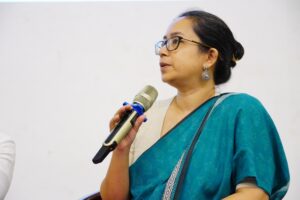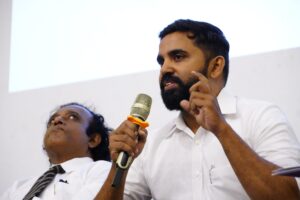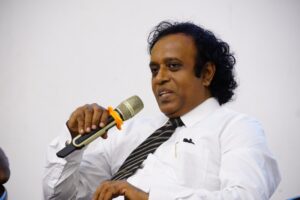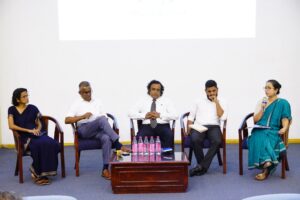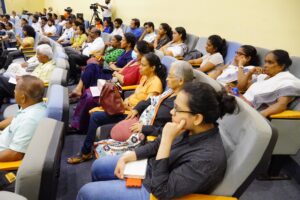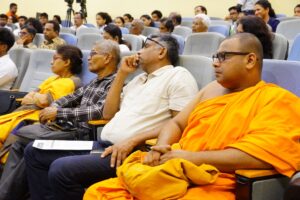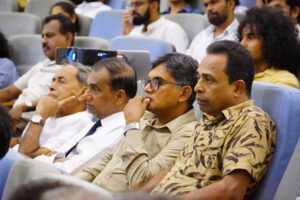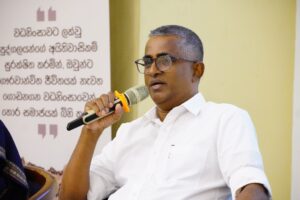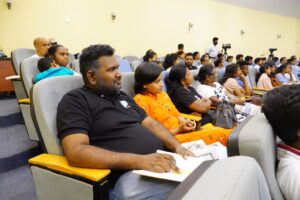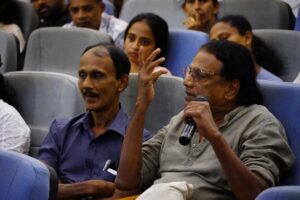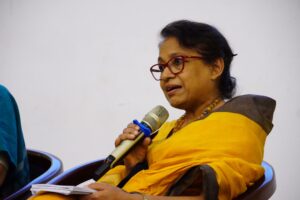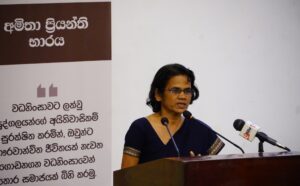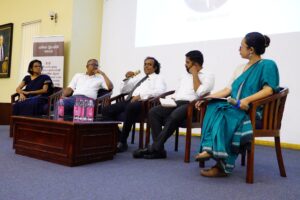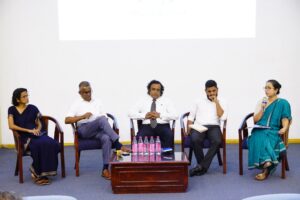
25-year struggle for justice in the Lasantha Jagath Kumara case reveals systemic failings
A public discussion titled “Delays in Sri Lanka’s Justice System and the Functioning of Anti-Torture Mechanisms” was held on July 15, 2015, at the Lakshman Kadirgamar Institute in Colombo, drawing attention to longstanding issues within Sri Lanka’s criminal justice system. The event featured several prominent legal professionals, activists, and scholars.
One of the key cases highlighted during the event was Sriyani Silva vs. Iddamalgoda, described as a landmark judgment in Sri Lankan legal history, particularly in the recognition of the right to life by the judiciary. The case stems from the 1990 killing of Lasantha Jagath Kumara, a former army soldier who died due to torture while in Payagala police custody. His sister, Amitha Priyanthi, led a 25-year legal struggle on his behalf, during which she also supported over 1,000 other victims of torture. Her activism earned her recognition as a prominent human rights defender.
“The ruling in the Sriyani Silva case, the indictment of the perpetrators, and the suspension of a judicial medical officer who submitted a false report only happened because I kept fighting,” Priyanthi said during the discussion. She emphasised the painfully slow pace of justice, noting that the case was heard 67 times in the magistrate’s court and over 50 times in the High Court. “If I hadn’t persisted, this case would have been buried.”
K.W. Janaranjana, journalist and lawyer, remarked that the case set a precedent by allowing the wife of the dead person to file a case. He criticised the prevailing culture of impunity, saying, “In Sri Lanka, the police often act as if they have the right to torture suspects. Some are even killed while in custody.” He added that magistrates, despite their authority, fail to act decisively against torture. “They should not become rubber stamps for law enforcement agencies.”
Attorney Priyantha Gamage, who first represented the victim in court, spoke of his long experience with the case. “The case was dormant from 2006 to 2013 and is still being heard in 2025. This shows the appalling state of criminal trials in Sri Lanka,” he said. Gamage noted that around one million unresolved cases are pending before a judiciary of only 400 judges, with a single magistrate sometimes managing up to 5,000 cases.
He also cited understaffed government departments, weak inter-agency coordination, and delayed reports as key reasons for case delays. “It can take 1,318 days just to enforce a contract. If a criminal case concludes 25 years later, can that be considered justice?”
Mark Schubert, a legal professional and social researcher working with torture survivors, discussed the long-term psychological and social impact of torture. “Survivors must interact with institutions they distrust—such as police, courts, and commissions. Rebuilding that trust is extremely difficult,” he said. “Torture changes how victims view the world and themselves. Its effects linger and resurface repeatedly.”
The session was moderated by Ermisa Teegal, a leading human rights lawyer in Sri Lanka.
